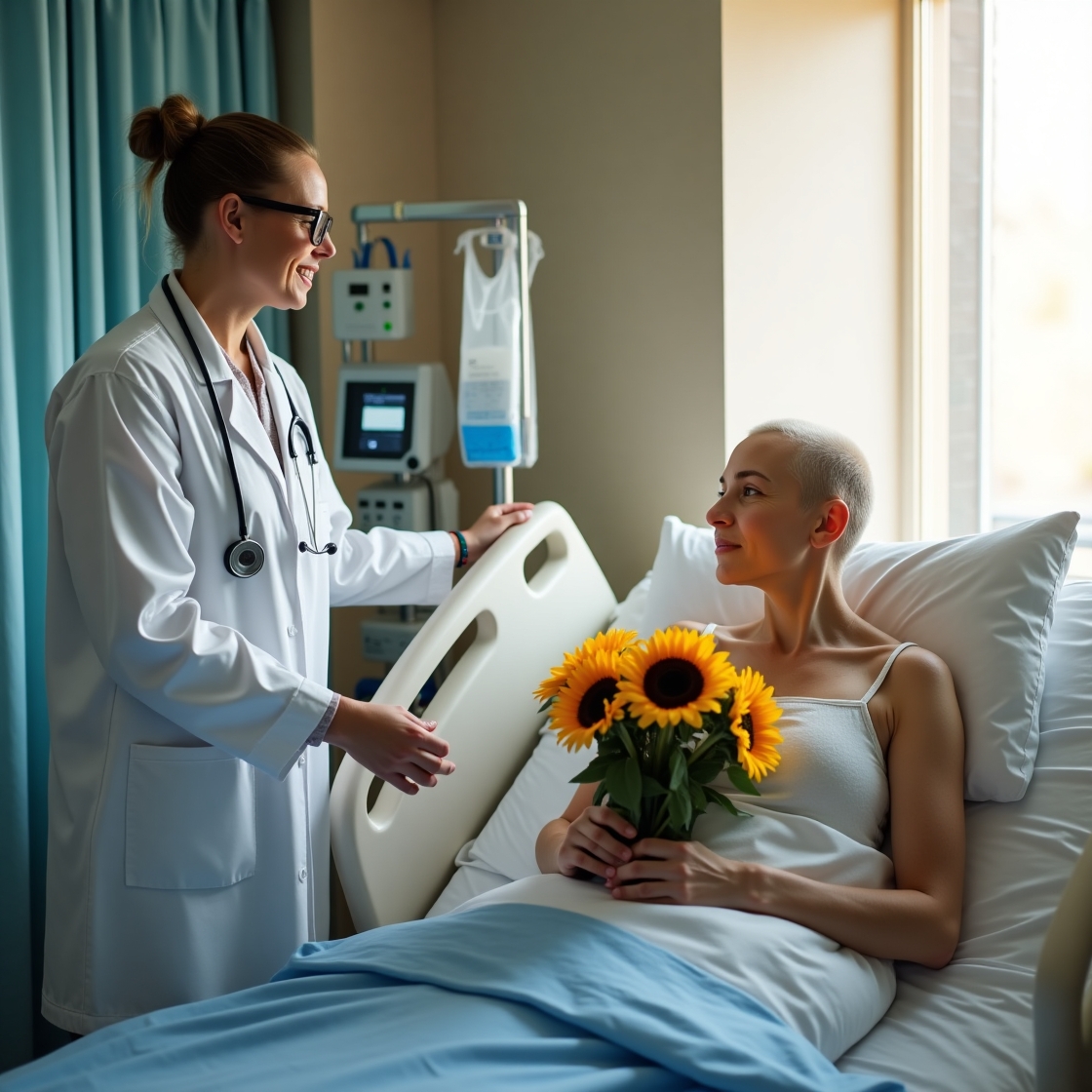
Cancer is one of the most challenging health conditions affecting millions of people worldwide. It is not just a single disease but a group of diseases characterized by the uncontrolled growth and spread of abnormal cells in the body. Despite advancements in medical science, cancer remains a leading cause of death globally.
Early detection and proper treatment can significantly improve survival rates. This blog aims to provide a comprehensive understanding of cancer—covering its causes, symptoms, treatment options, and preventive measures. Whether you’re seeking information for personal health reasons or to support a loved one, this guide will help you understand cancer better and empower you to make informed decisions.
What Is Cancer?
Cancer is a disease that occurs when the body’s cells begin to grow uncontrollably. Normally, cells grow, divide, and die in an organized way. However, in cancer, this process goes haywire, leading to the formation of tumors. While some tumors are benign (non-cancerous), others are malignant, meaning they can invade surrounding tissues and spread to other parts of the body through the bloodstream or lymphatic system.
There are over 100 different types of cancer, each named after the organ or type of cell where it starts. Some of the most common types include:
- Breast Cancer
- Lung Cancer
- Prostate Cancer
- Skin Cancer
- Colorectal Cancer
Understanding how cancer develops is crucial because early detection can lead to better outcomes.
Causes of Cancer
Cancer can be caused by a variety of factors, often acting together. Some of the primary causes include:
- Genetic Mutations: Changes in the DNA of cells can cause cancer. These mutations can happen randomly or due to exposure to harmful substances.
- Environmental Factors: Exposure to radiation, chemicals, and pollutants can increase cancer risk.
- Lifestyle Choices: Smoking, poor diet, lack of exercise, and excessive alcohol consumption are significant risk factors.
- Inherited Genetic Factors: Some people inherit genes that make them more susceptible to certain types of cancer.
- Infections: Viruses like HPV (linked to cervical cancer) and hepatitis B and C (linked to liver cancer) can increase risk.
While we can’t control all risk factors, understanding them helps in making healthier lifestyle choices.
Symptoms of Cancer
Cancer symptoms vary depending on the type and stage of the disease. Some common symptoms include:
- Unexplained Weight Loss
- Persistent Fatigue
- Fever
- Changes in Skin (new growths, changes in moles, or skin color changes)
- Persistent Cough or Hoarseness
- Unusual Bleeding or Discharge
- Pain that doesn’t go away
Early-stage cancer may not cause noticeable symptoms. That’s why regular check-ups and screenings are essential, especially if you have risk factors.
How Is Cancer Diagnosed?
Early diagnosis is critical for effective treatment. Cancer is diagnosed through:
- Medical History & Physical Examination
- Diagnostic Tests: Biopsies, blood tests, imaging (CT scans, MRIs, PET scans)
- Staging Tests: Determine how far the cancer has spread (using the TNM system: Tumor, Nodes, Metastasis)
If you notice unusual symptoms, consult a doctor promptly.
Treatment Options for Cancer
Cancer treatment depends on the type, stage, and location of the cancer, as well as the patient’s overall health. Common treatment options include:
- Surgery: Removing tumors or affected tissue
- Radiation Therapy: Using high-energy rays to kill cancer cells
- Chemotherapy: Drugs that kill cancer cells or stop them from growing
- Immunotherapy: Boosting the body’s immune system to fight cancer
- Targeted Therapy: Drugs that target specific cancer cell genes or proteins
- Hormone Therapy: Used in cancers like breast and prostate cancer
- Personalized Medicine: Tailoring treatment based on the genetic makeup of the cancer
Cancer Prevention Tips
While not all cancers are preventable, you can reduce your risk by:
- Living a Healthy Lifestyle: Balanced diet, regular exercise
- Avoiding Tobacco & Limiting Alcohol
- Getting Vaccinated: HPV and hepatitis vaccines reduce cancer risk
- Sun Protection: Using sunscreen to prevent skin cancer
- Regular Screenings: Early detection through mammograms, colonoscopies, etc.
The Importance of Early Detection
Detecting cancer early greatly improves the chances of successful treatment. Regular screenings, self-examinations, and health check-ups can help catch cancer in its early stages, often before symptoms appear.
Living with Cancer: Emotional and Psychological Support
A cancer diagnosis can be overwhelming. Emotional support is as important as physical treatment.
- Support Groups: Connecting with others facing similar challenges
- Counseling: Professional help to cope with stress and anxiety
- Family & Friends: Strong support networks make a difference
Conclusion
Cancer is a complex disease, but knowledge is power. Understanding its causes, symptoms, and treatment options can lead to early detection and better outcomes. Stay informed, live a healthy lifestyle, and don’t hesitate to seek medical advice when needed.
Together, we can fight cancer with hope, awareness, and resilience.
